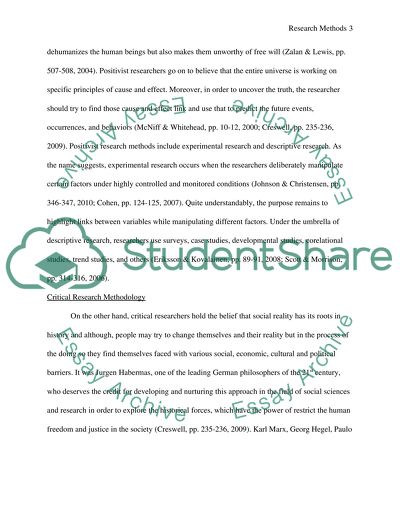Cite this document
(“Research Methods and Methodologies in Accounting and Management Essay”, n.d.)
Retrieved from https://studentshare.org/finance-accounting/1430701-research-methods-and-methodologies-in-accounting
Retrieved from https://studentshare.org/finance-accounting/1430701-research-methods-and-methodologies-in-accounting
(Research Methods and Methodologies in Accounting and Management Essay)
https://studentshare.org/finance-accounting/1430701-research-methods-and-methodologies-in-accounting.
https://studentshare.org/finance-accounting/1430701-research-methods-and-methodologies-in-accounting.
“Research Methods and Methodologies in Accounting and Management Essay”, n.d. https://studentshare.org/finance-accounting/1430701-research-methods-and-methodologies-in-accounting.


